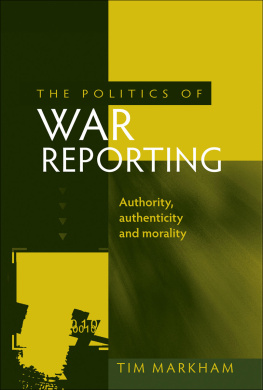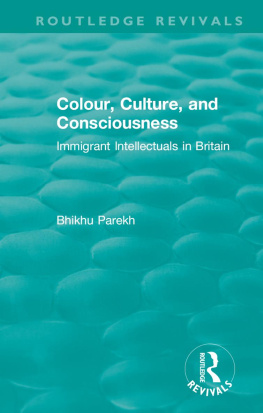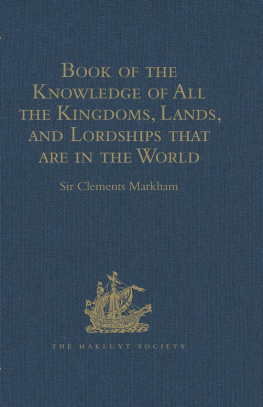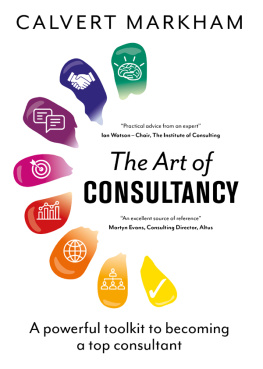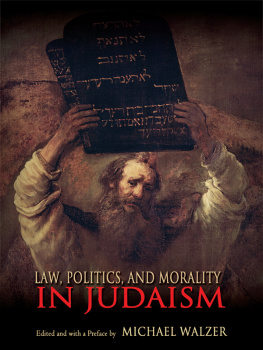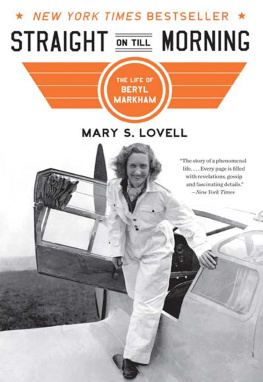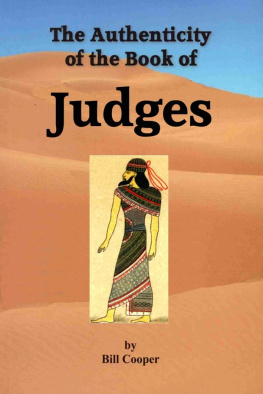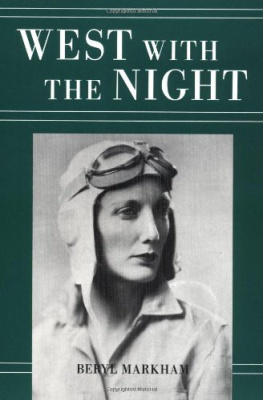Copyright Tim Markham 2011
The right of Tim Markham to be identified as the author of this work has been asserted by him in accordance with the Copyright, Designs and Patents Act 1988.
Published by Manchester University Press
Oxford Road, Manchester M13 9NR, UK
and Room 400, 175 Fifth Avenue, New York, NY 10010, USA
www.manchesteruniversitypress.co.uk
Distributed in the United States exclusively by
Palgrave Macmillan, 175 Fifth Avenue, New York,
NY 10010, USA
Distributed in Canada exclusively by
UBC Press, University of British Columbia, 2029 West Mall,
Vancouver, BC, Canada V6T 1Z2
British Library Cataloguing-in-Publication Data
A catalogue record for this book is available from the British Library
Library of Congress Cataloging-in-Publication Data applied for
ISBN 978-0-7190-8528-4
First published 2011
The publisher has no responsibility for the persistence or accuracy of URLs for any external or third-party internet websites referred to in this book, and does not guarantee that any content on such websites is, or will remain, accurate or appropriate.
Typeset in ITC Charter and ITC Franklin Gothic
by Action Publishing Technology Ltd, Gloucester
Printed in Great Britain
by CPI Antony Rowe Ltd, Chippenham, Wiltshire
Introduction: why use political phenomenology to analyse war reporting?
that abominable, voluptuous act called reading the paper, whereby all the misfortunes and cataclysms suffered by the universe in the last twenty-four hours battles which have cost the lives of fifty thousand men, murders, strikes, bankruptcies, fires, poisonings, suicides, divorces, the cruel emotions of statesman and actor, transmuted into a morning feast for our personal entertainment, make an excellent and particularly bracing accompaniment to a few mouthfuls of caf au lait. (Proust,[1919] 1970: 200, cited in Bourdieu, 1984: 21)
Why is war reporting important and how should it be analysed? The obvious answer to the first question is that it is naturally significant in that it addresses itself to human suffering and conflict. This book, however, while in no way seeking to relativise or understate suffering, starts from the premise that instead of seeing its representation in deontological terms that is, as something which makes sense in and of itself we should unpack it in terms of its contexts, its contingencies and its effects. There are three broad approaches to this unpacking. First, it could be argued that there is nothing special about suffering and conflict that makes its media representation significant. Instead, these should be seen as subsets of the representation of humanity generally, which, after the work of Roger Silverstone (2007), is morally implicated insofar as it is obliged to commit to particular conceptions of relations between media subjects and their often distant others. This view rests on the proposition that morality is itself a natural object of analysis, and without being fatuous it bears emphasising that morality too can be unpacked in terms of its contexts, contingencies and effects. Second, it is arguable that conflict and suffering have significance in the contexts of particular cultures, that they emerge as meaningful objects in relation to the specific discourses by which we make sense of the world. This is not to resort to cultural relativism (Norris, 1992; Baudrillard, 1995; Wilcken, 1995) or suggest that there are contexts in which suffering is meaningless, but rather that the way journalists and their audiences care about it is contingent upon particular ideas about power, aggression, victimhood, human rights and so on which are sufficiently universalised in our everyday lives to appear natural but which are in fact bounded by time and place.
Third, it is possible that the content of war reporting is not as important as its function, either within the field in terms of relations between journalists and news organisations, in terms of the relations between journalism and other professions and spaces of cultural production, or in terms of the way that audiences make use of their media consumption (and increasingly production) in their relations with colleagues, family and friends. What does this mean? With regard to explaining the abilities of an individual journalist, it means seeing authority not as innate but as relational. It means identifying the practices which that journalist has mastered in order to be recognised (and to see herself) as authoritative, open to the possibility that these practices may not emerge directly out of the stuff of journalism the multifarious demands of doing journalistic work. If there is a cultural romanticisation of the war correspondent as heroic and ruggedly individualistic, we can see this not simply as the product of doing a dangerous and difficult job well, but also as marking out a particular position of power. Power too is relational rather than something one simply has, and while it of course takes myriad forms in the context of cultural production it is primarily a matter of status relative to other cultural producers and in public life more generally, and influence over the same (Lukes, 1973). Whether considering the position of individual stars of war reporting or established myths of the genre, there are political implications in that the contingent and often misrecognised criteria by which these symbolic forms are established within the field and in the public imagination reproduce structures of gatekeeping and hierarchy making it a more natural or unthinkable thing to embark on a career in journalism, depending on ones social position, and to advance to a position of power once inside. A pre-emptive disclaimer needs to be made that this is not about reducing good war reporting to self-interest. Nor is it to call for a radical opening up or democratisation of the field: indeed, it will be seen that conflict journalism benefits greatly from its being a subfield of relatively restricted production. But by detailing how categories such as authority and communicative authenticity are not natural but conditional on various structures and practices, some explicit and others obscured, it becomes possible to discern trends in media and culture more widely. In particular, it points to two parallel shifts: from the institution to the individual as the functional unit of authority, and from professional expertise to the authenticity of personal experience as the dominant form of that authority.
Living journalism
The phenomenological premise of this book is that conscious experience of the world is not pre-given but determined by the multiple contexts in which we are situated material, economic, historical, social, cultural and mediated. None of these can be considered as discrete, nor should they be thought of topographically in layers: they are overlapping, mutually constitutive and sometimes in conflict. This does not mean that consciousness is false, nor that this book claims to know journalists better than they know themselves. However, the power relations of the journalistic field what will be described in Bourdieusian terms as the structuredness and structuringness of cultures of journalistic practice are embedded in everyday life. They in part determine and are entrenched and obscured by that which is experienced as common sense, instinct, nature and the sense of corporeality (the experience of living as a body in the physical world) and temporality (how time is experienced, particularly in terms of routines but also in the case of war reporting in terms of passing and killing time). So while conflict journalism is in many ways extraordinary and unpredictable, this research looks at the processes by which some things become normalised, such as the dominance of specific valorised qualities symbolic capital, as it will be characterised and the practices by which they come to be embodied. It will be seen that these processes matter because they reproduce relations of power which have no teleological solidity or natural defensibility.



